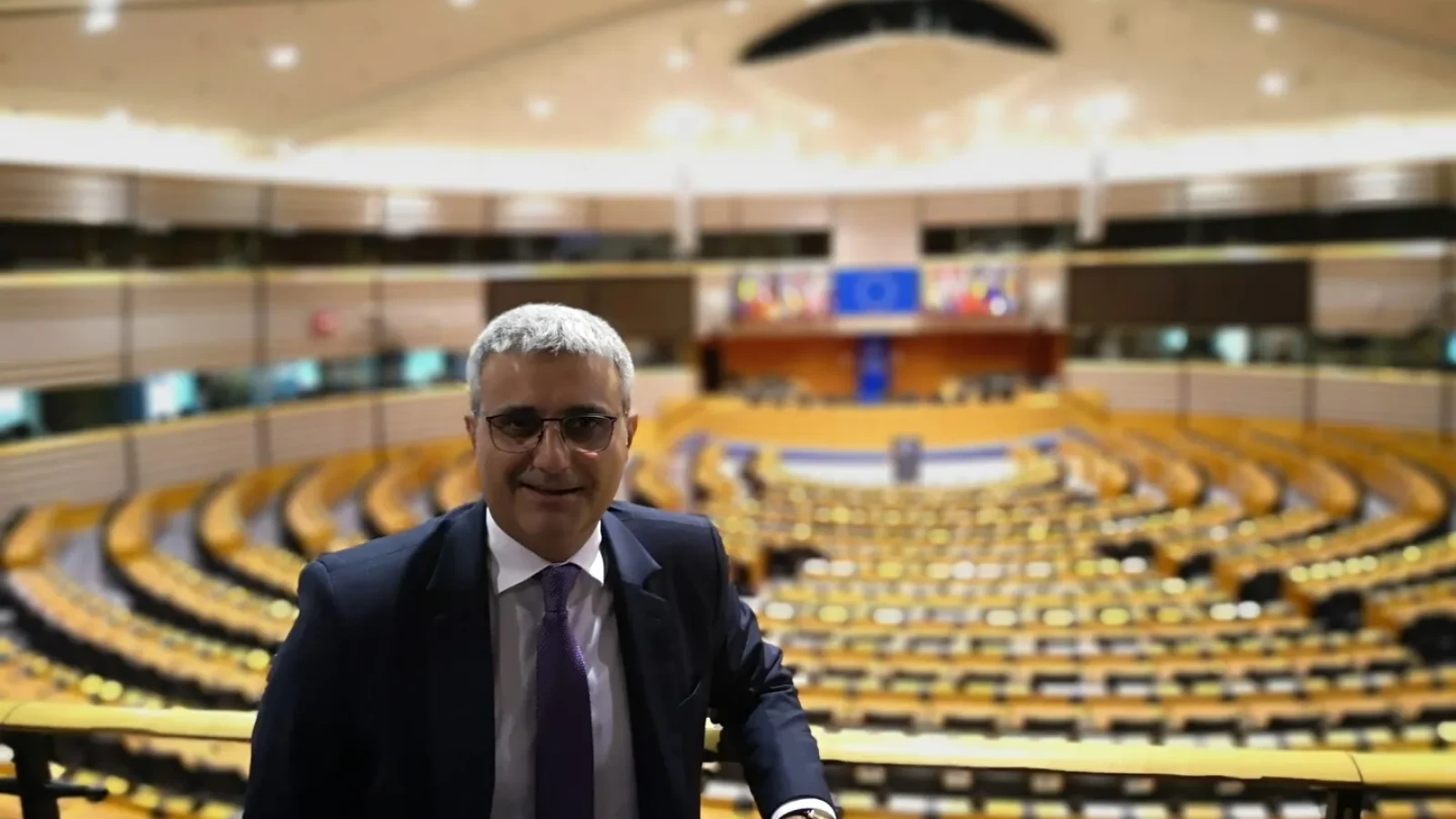Increasing the resilience of ecosystems and reducing the risk of their degradation and disappearance is Romania's approach within the National Recovery and Resilience Plan (PNRR), where 41pct of the 29 billion euro allocated goes towards the green transition, Minister of the Environment, Water and Forests Barna Tanczos stated on Tuesday.
"In Romania, we believe that the negative impact of climate change should be mitigated with proper measures, by increasing the resilience of ecosystems and reducing the risk of their degradation and disappearance. As part of our efforts, we have integrated this vision into the National Recovery and Resilience Plan, and the result is that, of the 29 billion euro allocated, 41pct goes towards the green transition. Of these funds, 1.3 billion euro will go towards our emblematic reforestation campaign, the recovery of biodiversity loss and combating illegal logging exploitation. More than 1.2 billion euro will be invested in waste management and circular economy, while over one billion euro is allocated to investments in order to combat soil and water and to provide wastewater accessibility in all communities of Romania. As a member state of the European Union, Romania imperatively recognizes the placement of environmental management at the center of our relevant policies to achieve the transition towards a sustainable and inclusive society. Furthermore, Romania will remain in solidarity with other states in the fight against climate change and will offer full support in implementing the priorities assumed at the regional, international and global level," Minister Tanczos stated at the annual conference of the European Sustainable Development Network (ESDN) in Bucharest.
In terms of the issues which humanity is confronted with today, the Romanian official talked about the triple planetary crisis, climate change, pollution and loss of biodiversity.
"The triple planetary crisis refers to three main issues humanity is confronted with: climate change, pollution and biodiversity loss. Each of these issues has its own causes and effects, and each issue must be solved if we want to have a viable future on this planet. Scientists have come to the conclusion that, as I mentioned before, all three of these planetary problems are interconnected and will have to be addressed accordingly. Climate change affects ecosystems as a whole, generating huge pressure on biodiversity, water resource and soil. The effects of climate change hinder the general efforts to ensure the availability of water resources and soil conservation, thus directly affecting biodiversity. At the same time, pollution is the most widespread cause of disease and premature death. The global health crisis, such as the COVID-19 pandemic, reminded us of the strong connections which exist between the environment and health, but also of the need to address such connections systematically. Biodiversity loss because of climate change refers to the decline or disappearance of biological diversity, which includes animals, plants and the entire ecosystem. As a consequence, the impact is strong and can be felt in the food supply and the access to water resources. In this regard, the restoration of nature and solutions based on nature must represent effective and urgent actions to stop the loss of biodiversity and ensure resilient ecosystems," the Minister of the Environment stated, told Agerpres.
The Department of Sustainable Development within the Government of Romania is organizing, between 4-5 October, the annual conference of the European Sustainable Development Network (ESDN).
According to the organizers, the title of this year's conference is "Europe's Position as Leading Change Agent against the Triple Planetary Crisis - Climate Change, Biodiversity Loss and Pollution."
The two-day conference brings to the same table leaders and experts from all over the world: Austria, Finland, Germany, Luxembourg, Switzerland, the Netherlands, France.
































Comentează